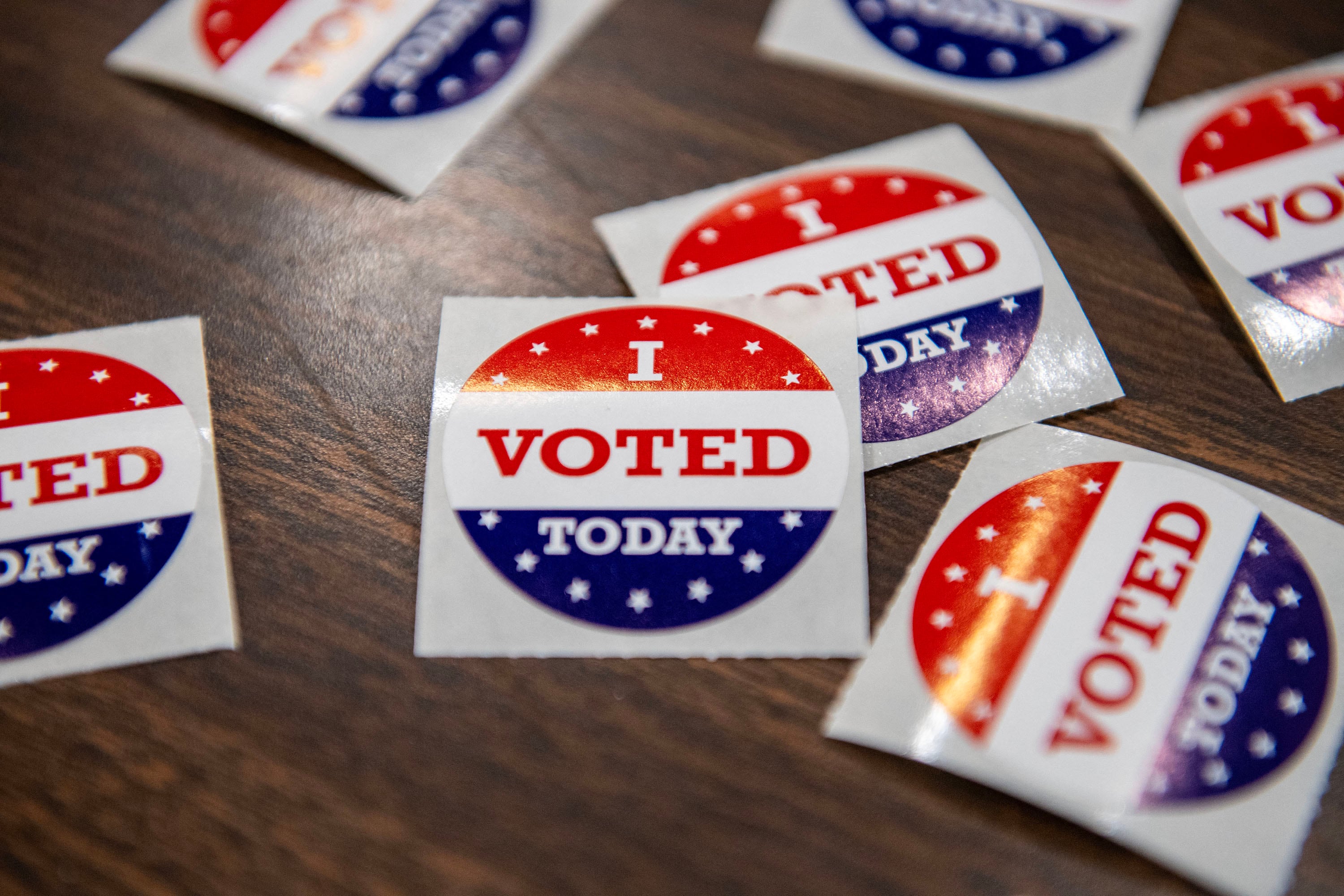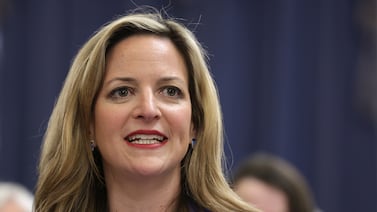Votebeat is a nonprofit news organization reporting on voting access and election administration across the U.S. Sign up for our free newsletters here.
Voting for the first time is an important milestone, whether you’ve just turned 18 or began voting later in life for one reason or another. Votebeat Texas reporter Natalia Contreras recently became a U.S. citizen and cast her first vote in this year’s elections at age 35.
We’d like to hear from other first-time voters. We know a first vote can be a big deal regardless of your age, and we want to know more about your experience.
Please take a few minutes to tell us about your experience and what motivated you to vote this year in the form below. I’ll personally read every response, and I’d love to speak with you. Votebeat may share a collection of first-time voting stories after the primary season. Please use this link if you can’t see the form on this page.
If you have any questions about the form, please email community@votebeat.org.





